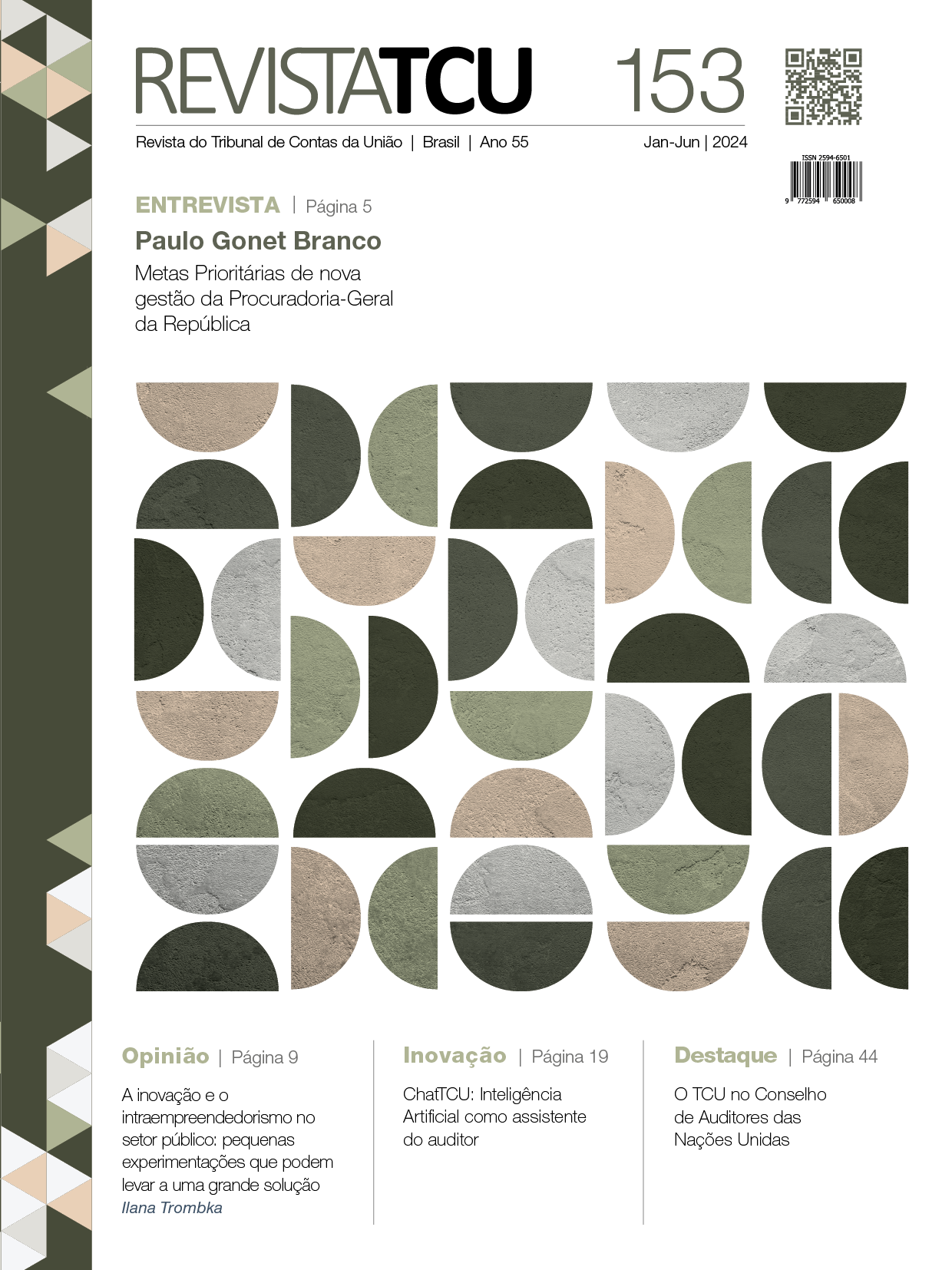Classification of provisional opinions through the Municipal Management Effectiveness Index

Resumen
One of the main constitutional attributions of the courts of accounts (CA) is to evaluate the management of public administration bodies. Thus, the Municipal Management Effectiveness Index (IEGM in Portuguese) was created in 2014 with the purpose of measuring the quality of the expenses made by these same agencies. This new audit format carried out by these courts aims to provide a greater return to society than that obtained with the posteriori inspections. The objective of the research was to create a model through which the seven dimensions of the IEGM, in addition to the final score of this index, could predict whether the municipality would receive a provisional favorable or unfavorable opinion from Sao Paulo State Court of Accounts (TCE-SP). With this, it aims to identify municipalities with greater management difficulties and, in this way, allow more intense preventive inspection actions on them. With the use of machine learning techniques, it was possible to create a classification tree that made this prediction. Among the results of the research is the achievement of an accuracy between 63 and 71%, of a sensitivity higher than 76%, which allows to detect potentially failed municipalities, and of a specificity above 75%. Another advantage of the model was the identification of the variables that had greater information gain or lower entropy, especially the IFISCAL. Among the limitations is the fact that the main package to identify the optimal hyperparameters, the mlr, is in the deactivation phase to make way for a new package.
Keywords: Accuracy; ROC curve; R language; Sensitivity; Unfavorable.
Biografía del autor/a
Otoniel Arruda Costa
Bachelor of Naval Sciences/Administration from the Naval School, specialist in International Accounting
Standards from FEARP-USP (MBA), and specialist in Data Science and Analytics (MBA). Specialist in
Intendancy Systems from the Admiral Wandenkolk Instruction Center (Brazilian Navy) and civil servant at
the State Court of Audit of São Paulo.
Henrique Raymundo Gióia
Master’s degree and doctoral student in Applied Economics from ESALQ-USP.
